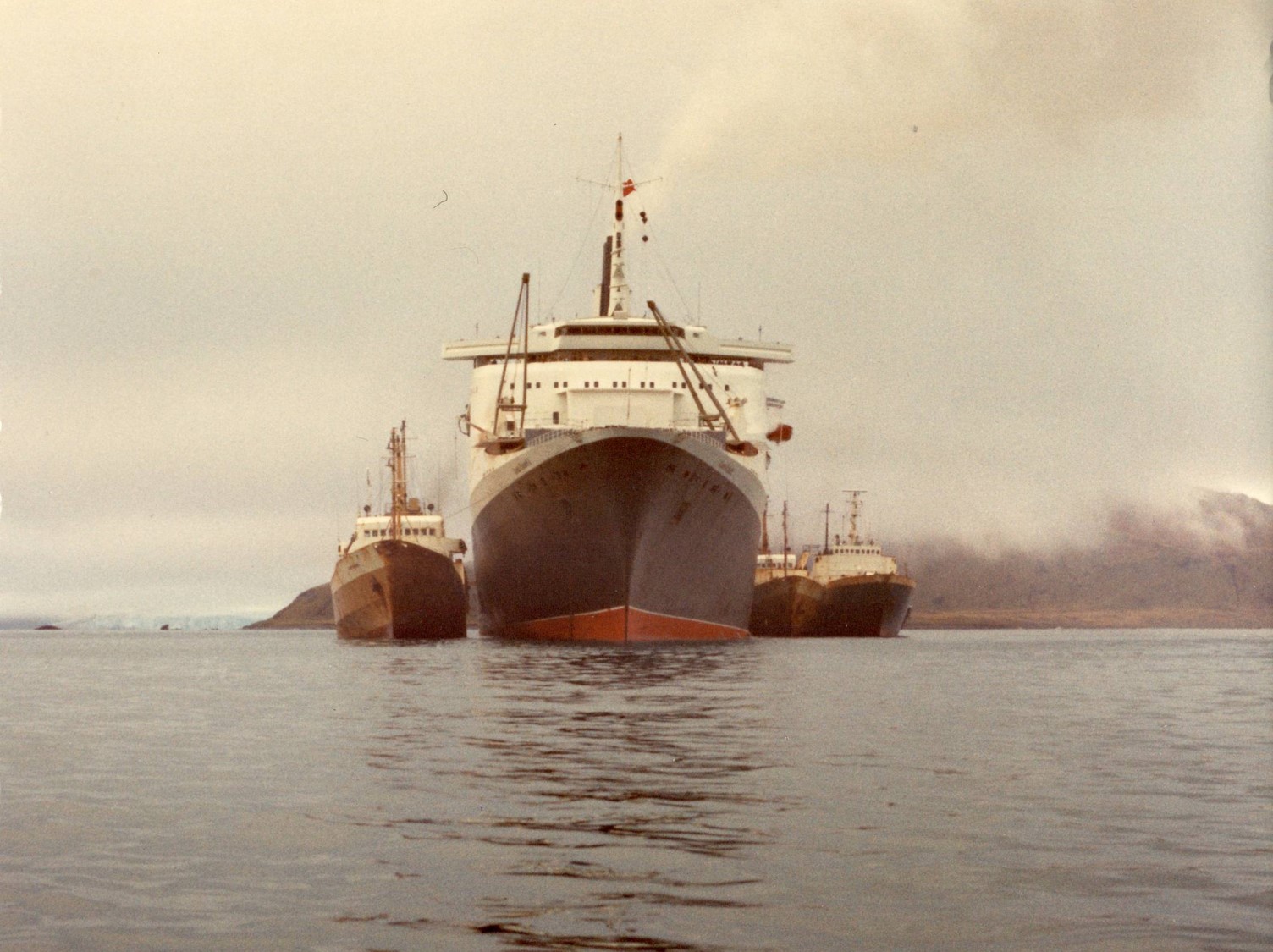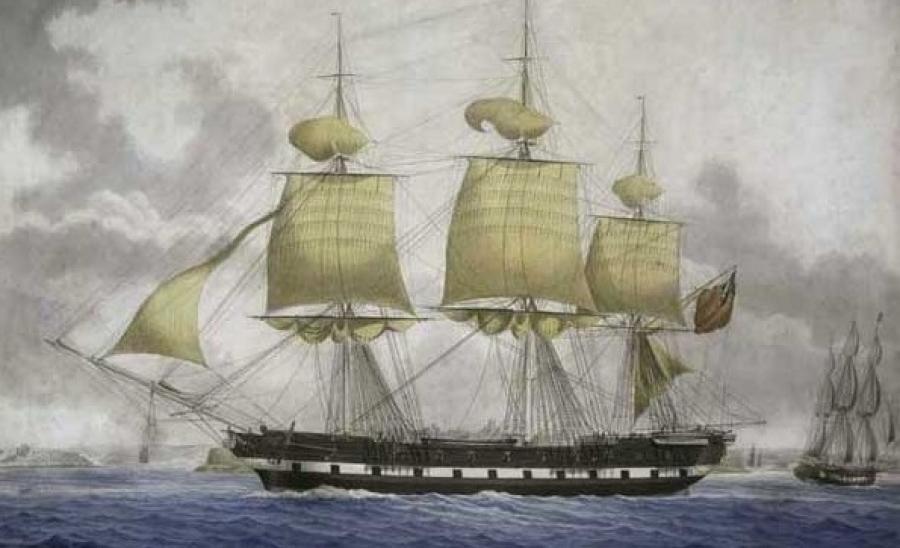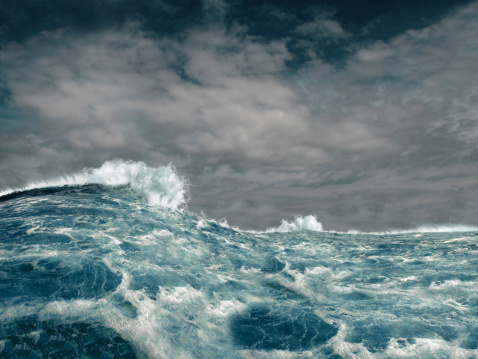For more than twenty years, Blaydes Maritime Centre has established a deserved reputation as a leading research institute for maritime history. Led for many years by director Professor David J. Starkey, and now by Dr Jenny Macleod, researchers, associates and PhD students at BMC have explored and shed light on a remarkable range of subjects connected to humanity’s interaction with the sea. BMC has been successful in bringing in significant funding to the University of Hull in research grants and donations totalling over £3 million since 1994, and our researchers have made many ground-breaking discoveries.
Staff attached to BMC have supervised over 30 PhD projects to completion. Our PhD students bring creativity and new thinking, and have enabled us to extend our research reach far beyond what our permanent academic staff could hope to achieve. In this blog we discuss some current PhD research to give a flavor of the range and vitality of maritime history (it’s a lot more than just fish n ships!).
Current students Benjamin Jennings and Efstathia Dorovitsa, enabled by a grant from the Research Council of Norway, are exploring the intriguing and little-known role of Norwegian glacial ice as an agent of modernization. Since antiquity, ice has been a portable commodity, quarried from glaciers in mountains and transported to the warmer lowlands. Fernand Braudel describes the transportation and sale of ice in Mediterranean countries as an ancient and traditional practice by the early modern period. In the 19 century, increased efficiency and speed of maritime transportation meant that ice quarried from Norwegian glaciers could be shipped to various destinations across Europe and North America, and Norwegian ice became a premium product. The availability of Norwegian ice helped transform the storage and transportation of food and drink, increasing trade and connectivity across Europe and beyond, thus acting as an agent in the modernization of the global economy. Our two PhD candidates Ben and Effie, supervised by Professor David J. Starkey and Professor David Atkinson, are part of an international team undertaking extensive research into the Norwegian ice industry, with partners including academics at the Norwegian Maritime Museum, Old Dominion University, USA, and University College of Southeast Norway.
Our Thomas Chapman PhD scholars, Peter Philipson and Sam Wright, are funded by Lloyd’s Register Foundation. Lloyd’s Register was the world’s first marine classification society, founded in 1760 at Edward Lloyd’s London coffee house to monitor the condition of merchant ships for insurance purposes. Today the organisation has a global reach, with its Marine and Offshore business a leading provider of classification and compliance services to the marine and offshore industries, helping clients in 182 countries.
Peter’s research focusses on LR’s contribution to improvements in the safety of merchant shipping during the mid- 19th century, a period of intense technological change which saw Lloyd’s develop a pioneering approach to quality assurance and risk mitigation that offers valuable lessons in change management, still relevant today.
Sam is exploring the connections between Lloyd’s Register and one of its outports, focusing on the work of the Register from c.1880 to 1980 through a detailed case-study of their activities in Hull. The project investigates Lloyd’s links to the port’s merchant shipping, shipbuilding and trawling, revealing the day-to-day work of the Society’s team around Humber.
Peter and Sam’s research has benefited greatly from access to a near-complete collection of Lloyd’s Register Books held at Blaydes Maritime Centre, published annually and covering the years 1764-2006.
Finally, we highlight the PhD research of two of our ‘NECAH’ (North of England Consortium for the Arts and Humanities) scholars. The NECAH consortium is led by the University of Hull, and consists of Bradford, Huddersfield, Hull, Leeds Beckett, Sheffield Hallam and Teesside universities.
Matthew Pooley’s PhD project examines the various ways in which the British Navy in the Atlantic in the 18th century obtained information and intelligence. Using records from the National Archives, Matthew’s research is shedding valuable light on the development of communication networks in the Atlantic world on the brink of modernity. Matt is particularly interested in charting the overlapping development of reliable networks of both commercial and naval intelligence. His research brings together a number of previously distinct historiographical themes, including naval logistics, imperial commercial networks, and early modern civil society. Matt’s PhD research is supervised by Dr Martin Wilcox of Blaydes Maritime Centre and Professor Douglas Hamilton of Sheffield Hallam University.
Also funded by NECAH, Laura Burkinshaw’s PhD project examines navalism and nationalism in inter-war Britain. Her research examines popular enthusiasm for the Royal Navy, and the interplay between society, Britishness and the sea. Among other things, Laura’s research has touched upon the Navy League and its presence in the media, exploring how this affected varying levels of ‘navalism’ in British society. Laura is supervised by Dr Martin Wilcox from BMC and Dr John Singleton at Sheffield Hallam.
More Recent News & Events
Hull trawlers’ role in Falklands conflict
April 2nd marks the 40th anniversary of the Argentine invasion of the Falkland Islands. Nine Hull-based civilian vessels were requisitioned to join the Task Force that was assembled by the…
Celebrating Hull’s maritime links with Melbourne
At Blaydes Maritime Centre we have been working with Hull, Yorkshire’s Maritime City on an exciting partnership with a seafaring city on the other side of the world – Melbourne,…
Researching the history of safety at sea with the help of Lloyd’s Register Foundation
From whalers to warships, Hull is justly proud of its maritime history, spanning 800 years. For the last 250 of these, Lloyd’s Register has been an integral part of the…



